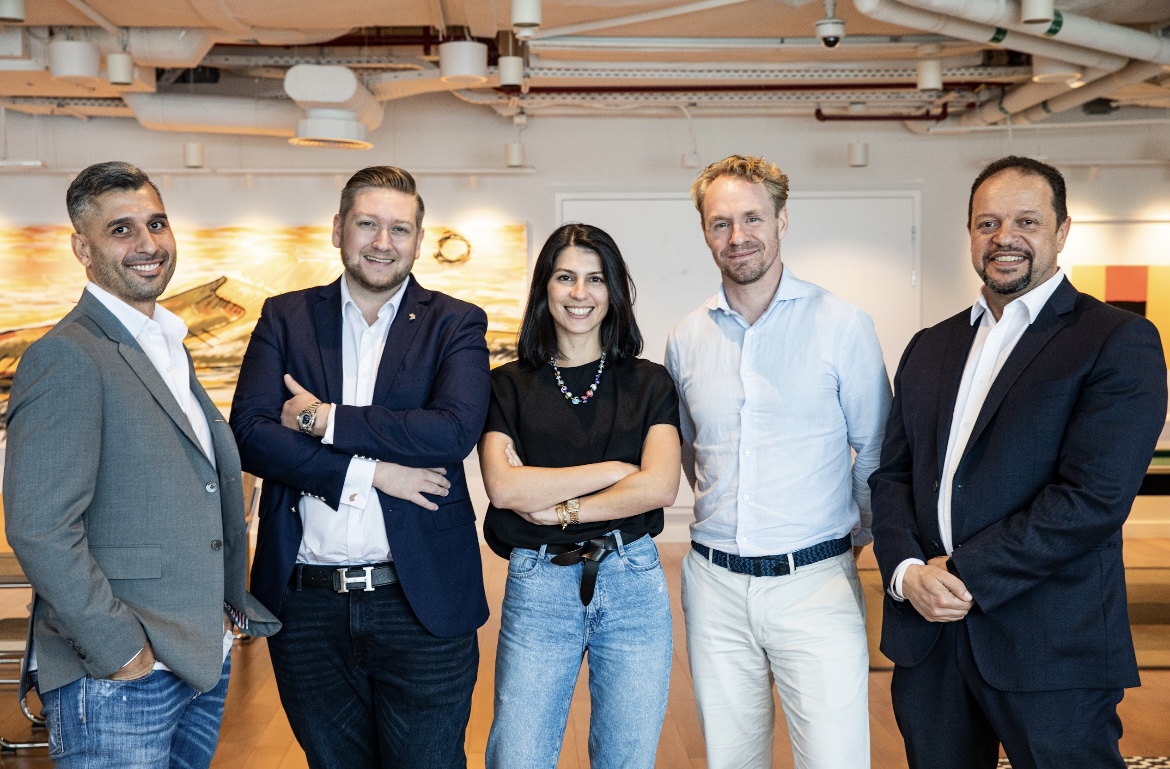From the founders of Acast, Sesamy is setting out to ‘de-wall’ digital content • ZebethMedia
A new startup from the founders of Acast today announced a $3.4 million seed round of funding to “de-wall” digital content including ebooks, audiobooks, and news articles. After recently severing ties with Acast, a popular podcasting platform they founded some eight years ago, Karl Rosander, Måns Ulvestam, and Markus Ahlstrand have turned their attentions to Sesamy, a company that wants to make waves in the digital content space via two core products. Founded out of Sweden in 2021, Sesamy in its original guise was purely an online store where publishers of ebooks, audiobooks, and podcasts could sell their wares as one-off purchases that can be consumed inside any app on any device. So if someone wants to read an ebook on a Pocketbook ereader, for example, rather than being locked into Amazon’s walled Kindle ecosystem, then that’s where Sesamy enters the fray. But it also allows people to easily export and read on Kindle or Kobo if they wish — it’s about giving the user flexibility. Similarly, if a consumer want to buy an audiobook and listen to it through their favorite podcast app, then this is what Sesamy promises. Under the hood, Sesamy uses the same kind of DRM protection that other platforms use, ensuring that only the buyer is able to consume the content on a device or app linked to their Sesamy account. Sesamy said that it already has partnerships in place with “every major publisher” in Sweden and Denmark. Sesamy’s online store Fast-forward to last month, and Sesamy unveiled the next step in its digital content roadmap: allowing news publishers to sell access to paywalled articles via one-off purchases. Pay-per-article In truth, this is a problem that numerous companies have attempted to solve: how to let people pay to read a paywalled article without committing to an entire subscription. There are long-established platforms such as Blendle, and newcomers such as Zette which offer pay-per-article integrations for digital publishers, but one of the core arguments against such services is that they effectively cannibalise a publisher’s potential subscription revenue. And so Sesamy has built what it calls a “SmartID” system that allows paywalled publishers to optimize single-purchase prices, and even prompt readers to sign up for a subscription to save money if it detects that they are already reading three or four articles a month from a publication. The idea here is to closely align a publication’s subscription and pay-per-article offerings, aggregating large amounts of data to help the publication figure out the best price to charge based on the length of the article and what readers elsewhere have been paying, as well as other attributes such as whether an article is a major exclusive and how old it is — so the price can maybe be reduced after a few days or weeks. “At Sesamy, our goal is a simple yet comprehensive one: to bring back open to the internet,” said Sesamy CEO Måns Ulvestam, who was also Acast’s CEO until 2017, in a statement. “This is why our paywall technology is transparent and flexible for both digital content creators and consumers alike; giving consumers the option to make single purchases of articles whilst ensuring subscription revenues are not cannibalised.” For now, Sesamy has just a couple of SmartID partnerships in place with Swedish publications Breakit and Kvartal, who are now working to integrate Sesamy’s technology into their respective platforms. But with another $3.4 million in the bank, taking its total funding to $7.5 million since its inception, the company has aspirations to grow in international markets, with plans to extend to its paywall technology deeper into Europe, and eventually the U.S., though it hasn’t given any indication on its planned timescale. Additionally, there could be scope to extend its current online store product to other markets, though it was non-committal on the specifics. “We certainly remain keen to expand our B2C offering into suitable markets across Europe as and when the right opportunities present themselves,” a spokesperson said. Sesamy’s seed investment was led by GP Bullhound, with participation from Co_Made, Tham Invest, Brofunds, Hållbar and the Sesamy founding team themselves.








